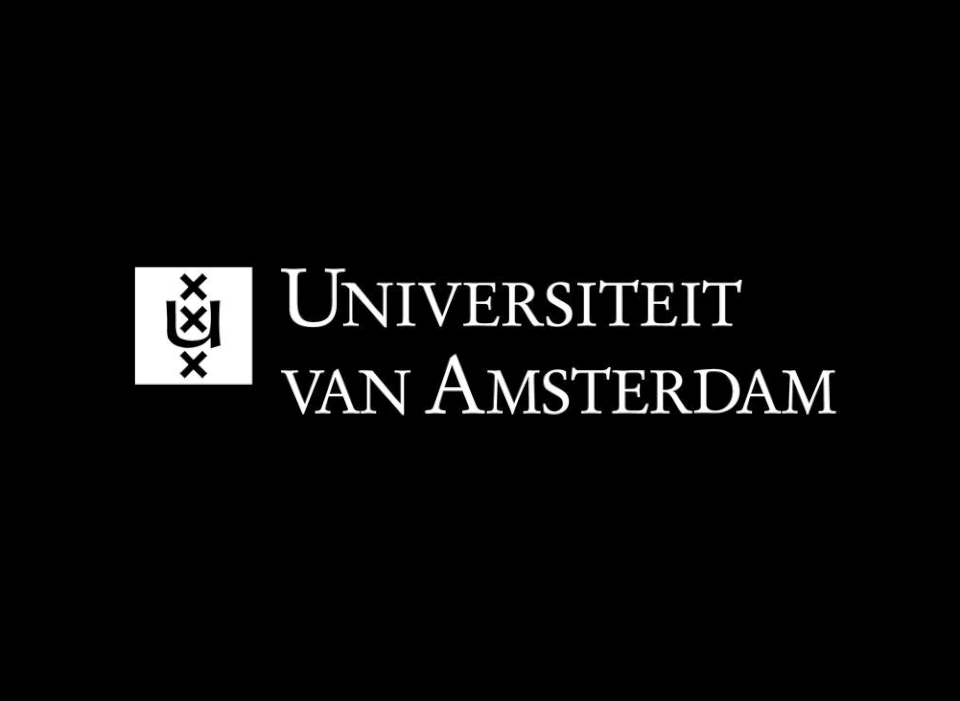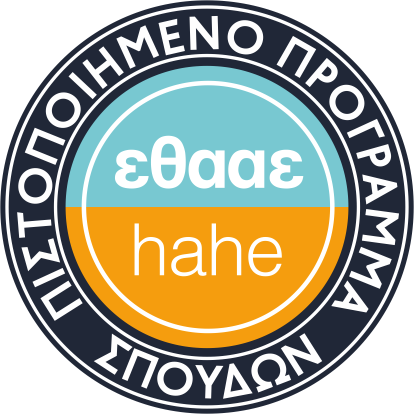Are you passionate about advancing the field of Conversational Information Retrieval (CIR) while ensuring fairness and eliminating bias in these systems? Do you want to make a difference by developing personalized conversational assistants that can cater to the needs of diverse users, including those with mental health concerns?
Join us at the University of Amsterdam as a PhD candidate and become part of a cutting-edge research team that is dedicated to developing innovative CIR systems. As the use of CIR becomes increasingly prevalent, we recognize the need to address user-related concerns such as biased and unfair behaviour towards certain groups and inappropriate treatment of vulnerable users.
In this exciting PhD opportunity, you will work on the development of mixed-initiative CIR systems that proactively engage and interact with users. You will be at the forefront of creating novel approaches to ensure the fairness and elimination of bias in these systems, while also catering to the unique needs of users with diverse backgrounds and potential mental health issues.
As a PhD candidate, you will have the opportunity to make a significant impact in advancing the field of CIR and contribute to the development of personalized conversational assistants that can be used by a wide range of users. Apply now and join our team of experts who are committed to shaping the future of conversational assistants that are fair, unbiased, and cater to the needs of all users.
Tasks and responsibilities:
Join us at the University of Amsterdam as a PhD candidate and become part of a cutting-edge research team that is dedicated to developing innovative CIR systems. As the use of CIR becomes increasingly prevalent, we recognize the need to address user-related concerns such as biased and unfair behaviour towards certain groups and inappropriate treatment of vulnerable users.
In this exciting PhD opportunity, you will work on the development of mixed-initiative CIR systems that proactively engage and interact with users. You will be at the forefront of creating novel approaches to ensure the fairness and elimination of bias in these systems, while also catering to the unique needs of users with diverse backgrounds and potential mental health issues.
As a PhD candidate, you will have the opportunity to make a significant impact in advancing the field of CIR and contribute to the development of personalized conversational assistants that can be used by a wide range of users. Apply now and join our team of experts who are committed to shaping the future of conversational assistants that are fair, unbiased, and cater to the needs of all users.
Tasks and responsibilities:
- Create, evaluate, and describe novel personalized CIR methods;
- Present research results at national and international conferences, workshops and journals;
- Become an active member of the research community and to collaborate with other researchers, both within and outside the Informatics Institute;
- Pursue and complete a PhD thesis within the appointed duration of four years;
- Assist in teaching activities, such as teaching labs and tutorials or supervising bachelor and master students.
REQUIREMENTS
Your experience and profile:
- A master's degree in Computer Science, Artificial Intelligence, Machine Learning, or a closely related field;
- Proven experience of participating in a research project accompanied by a publication is a plus;
- A thorough understanding of machine learning techniques- IR knowledge is a plus;
- Strong programming skills with experience using Python and deep learning frameworks;
- The ability to communicate fluently in written and spoken English.
CONDITIONS OF EMPLOYMENT
A temporary contract for 38 hours per week for the duration of 4 years (the initial contract will be for a period of 18 months and after satisfactory evaluation it will be extended for a total duration of 4 years). The preferred starting date is October 2023. This should lead to a dissertation (PhD thesis). We will draft an educational plan that includes attendance of courses and (international) meetings. We also expect you to assist in teaching undergraduates and master students.
The gross monthly salary, based on 38 hours per week and dependent on relevant experience, ranges between € 2,541 in the first year to € 3,247 in the last year (scale P). UvA additionally offers an extensive package of secondary benefits, including 8% holiday allowance and a year-end bonus of 8.3%. The UFO profile PhD Candidate is applicable. A favourable tax agreement, the '30% ruling', may apply to non-Dutch applicants. The Collective Labour Agreement of Universities of the Netherlands is applicable.
Besides the salary and a vibrant and challenging environment at Science Park we offer you multiple fringe benefits:
The gross monthly salary, based on 38 hours per week and dependent on relevant experience, ranges between € 2,541 in the first year to € 3,247 in the last year (scale P). UvA additionally offers an extensive package of secondary benefits, including 8% holiday allowance and a year-end bonus of 8.3%. The UFO profile PhD Candidate is applicable. A favourable tax agreement, the '30% ruling', may apply to non-Dutch applicants. The Collective Labour Agreement of Universities of the Netherlands is applicable.
Besides the salary and a vibrant and challenging environment at Science Park we offer you multiple fringe benefits:
- 232 holiday hours per year (based on fulltime) and extra holidays between Christmas and 1 January;
- Multiple courses to follow from our Teaching and Learning Centre;
- A complete educational program for PhD students;
- Multiple courses on topics such as leadership for academic staff;
- Multiple courses on topics such as time management, handling stress and an online learning platform with 100+ different courses;
- 7 weeks birth leave (partner leave) with 100% salary;
- Partly paid parental leave;
- The possibility to set up a workplace at home;
- A pension at ABP for which UvA pays two third part of the contribution;
- The possibility to follow courses to learn Dutch;
- Help with housing for a studio or small apartment when you're moving from abroad.
EMPLOYER
Faculty of Science
The University of Amsterdam (UvA) is the Netherlands' largest university, offering the widest range of academic programmes. At the UvA, 42,000 students, 6,000 staff members and 3,000 PhD candidates study and work in a diverse range of fields, connected by a culture of curiosity.The Faculty of Science (FNWI) has a student body of around 8,000, as well as 1,800 members of staff working in education, research or support services. Researchers and students at the Faculty of Science are fascinated by every aspect of how the world works, be it elementary particles, the birth of the universe or the functioning of the brain.
The mission of theInformatics Institute (IvI) is to perform curiosity-driven and use-inspired fundamental research in Computer Science. The main research themes are Artificial Intelligence, Computational Science and Systems and Network Engineering. Our research involves complex information systems at large, with a focus on collaborative, data driven, computational and intelligent systems, all with a strong interactive component.
The Information Retrieval Lab Amsterdam (IRLab) is part of the Informatics Institute of the University of Amsterdam. Our research focuses on information retrieval: technology to connect people to information. We work on search engines, on recommender systems, and on conversational assistants. There is a heavy emphasis on data-driven methods, for understanding content, for analysing and predicting user behaviour, and for make sense of context.
We combine fundamental, experimental and applied research, and we do so using a broad range of data: text, images, structured information. We are involved in a large number of projects with other groups, both within and outside academia. Our research is funded by NWO, KNAW, the EU and through a range of public-private partnerships. We are strong believers of great science with great impact and greatly value an entrepreneurial spirit.
The IRLab grew out of the Information and Language Processing Systems (ILPS) group and was founded on September 1, 2020. We are proud to have a large and diverse team, with people from over 15 countries, bringing a rich spectrum of perspectives on the challenges that we choose to research.
Want to know more about our organisation? Read more about working at the University of Amsterdam.
ADDITIONAL INFORMATION
Do you have any questions or do you require additional information? Please contact:
- E: Mohammad Aliannejadi, Assistant Professor.




 Προκήρυξη
Προκήρυξη Περίληψη Προκήρυξης Υποτροφίας
Περίληψη Προκήρυξης Υποτροφίας
